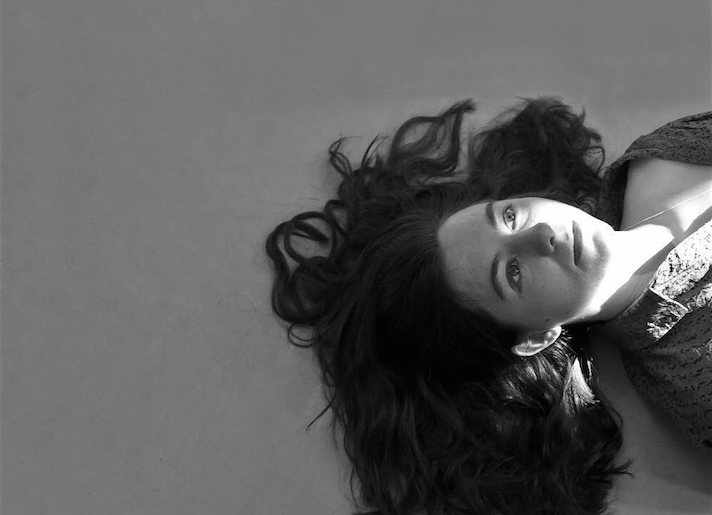
My expectations were high for Through A Glass Darkly, the latest show from the acclaimed company behind the sellout adaptation of Eimear McBride’s A Girl Is A Half-Formed Thing. Unfortunately, the Corn Exchange have missed the harvest and instead seem to be foraging for crops in their local Ikea in this woefully misdirected venture.
I find it difficult to sympathise with the creators of this misconceived project given the richness of their source. The play is based on a 1961 film by Swedish director Ingmar Bergman. Bergman’s film is ripe for theatrical adaptation given that it takes place in a single location, features only four actors and takes place within twenty-four hours. Coupled with Bergman’s inherently theatrical style (he worked extensively as a theatre director) and you have prime material for a production. Indeed, Jenny Worton’s script (which was first seen in London in a production starring Carey Mulligan) makes extensive use of that potential. The dialogue is nuanced, the relationships Oedipal – without being ham-handed – and the imagery is evocative. It is hard to see how director Annie Ryan could have gone so wrong, and yet, wrong she did go.
Darkly tells the story of a husband and wife, played by Beth Cooke and Peter Gaynor respectively, who return to her family home in an attempt to deal with her severe psychological problems. Residing in the house are her father (Peter Gowen) and her brother (Colin Campbell). Worton’s text largely explores the varyingly inappropriate relationships of the three men with Cooke’s character; there is also a side plot involving the artistic struggles of the father and son. However, moments of tension are played farcically and moments which should be comic are overblown. This reaches its epitome in a dinner scene, lamentably the sharpest section of writing in the text, which descends into pure soap opera histrionics. For every slight indication of emotion, Ryan makes a sledgehammer of the subtext and beats the audience around with it. There is one particularly cringe-inducing meta-theatrical moment which does not even bear dwelling on further.
Campbell suffers the most from this misreading, and is possibly miscast in a role which utilises his extensive comic abilities in all the wrong places. His character comes across as a stroppy twelve year old more so than a teenager struggling with his emerging sexuality. Gaynor fares a little better as a well-intentioned husband who Ryan does a decent, if overworked, job of making slightly monstrous. Gowen has, regrettably, bypassed sympathetic characterisation and is largely forgettable as a two-dimensional distant father, and Cooke’s performance is uneven in places – she comes across as overly childish in some sections – but strengthens for what is admittedly a fairly affecting conclusion.
Sarah Bacon’s set is a bright spot (not literally) and is multi-functional and elegant, even if its use is not. Unfortunately her costume and set design leave her characters in a non-specific time and place, which does them no favours in being more engaging. Denis Clohessy’s sound design and score is impressive and is used, particularly in one climactic moment, to great effect.
Darkly seems on the one hand too short, a product of none of its relationships being satisfyingly developed, and yet I could not have wished it to end more quickly. Worton’s adaptation will hopefully return in a more considered production.






